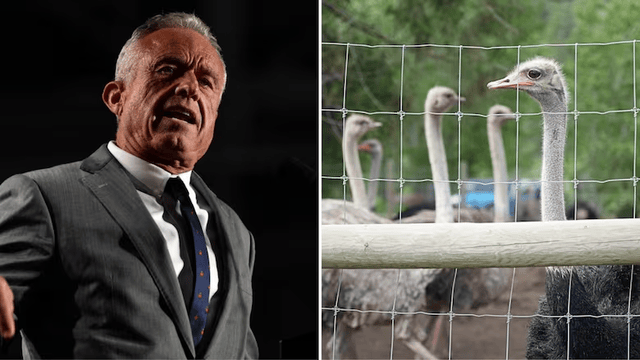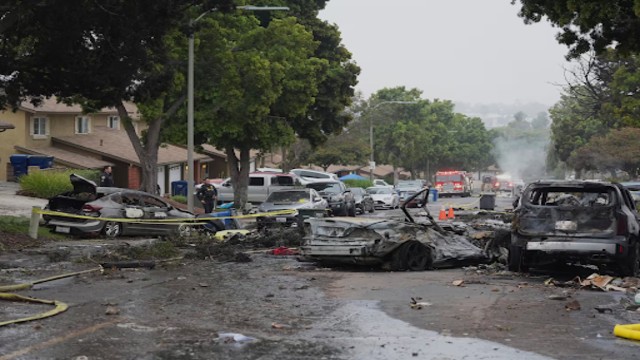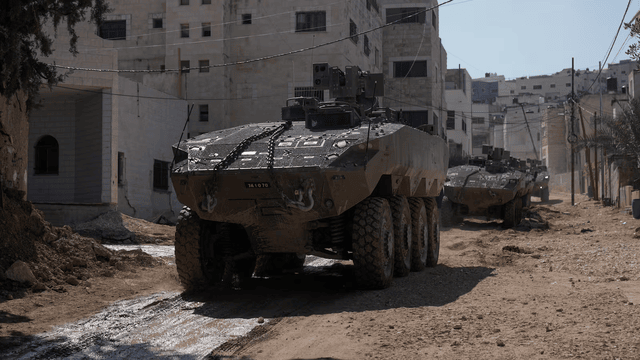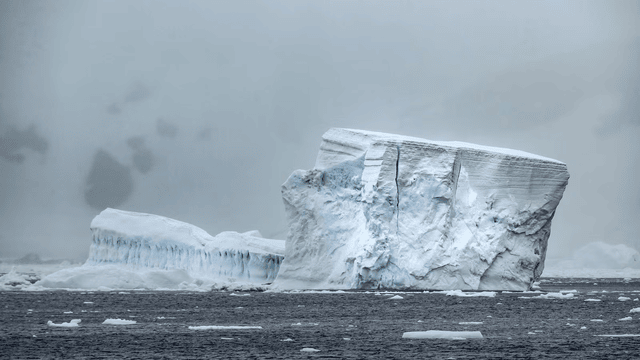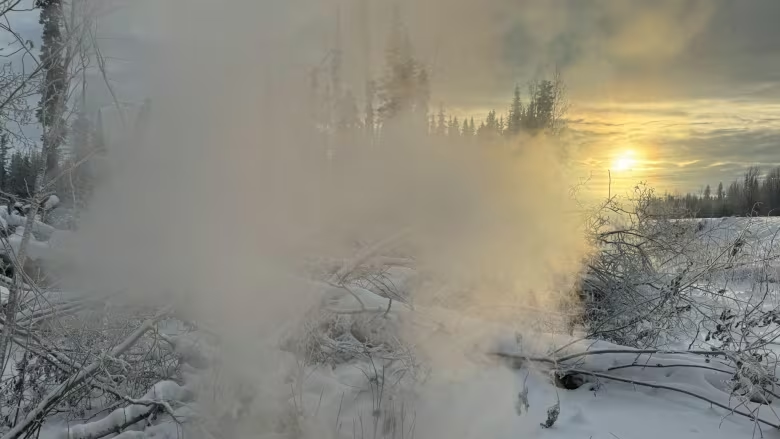
An underground fire continues to burn near Fort Nelson, B.C., as winter temperatures persist. Currently, British Columbia is grappling with 92 active wildfires, while Alberta faces another 54 blazes, according to recent reports. (Photo credit: Sonja Leverkus)
As the winter winds settled in British Columbia, Sonja Leverkus, a seasoned wild land firefighter, anticipated a well-deserved respite after a gruelling eight-month battle against the relentless wildfires. Yet, her hopes were shadowed by an ominous concern lingering in the smoky air. Despite the chilly weather, remnants of last year's blazes still simmered beneath the earth's surface, ominously dubbed "zombie fires." Leverkus, residing in Fort Nelson, couldn't shake the gnawing worry that the flames might soon reignite, thrusting her back into the fray.
Across British Columbia and Alberta, the landscape remained scarred with 92 active fires, remnants of the previous season's fury. Reports trickled in from concerned residents, sharing eerie images of smoke spiralling from the dormant infernos, hidden beneath the icy ground. Leverkus, also engaged in wildfire research, voiced her apprehension, underscoring how these fires had clandestinely persisted throughout the winter months.
Alarm bells rang louder as Alberta preemptively sounded the wildfire season's commencement, citing fears of an impending crisis. Experts pointed to climate change as a key factor fuelling these underground blazes, warning of their increasing prevalence in warmer conditions. Mike Flannigan, a wildfire expert, highlighted the unprecedented scale of last year's infernos, suggesting that some had grown too colossal to be extinguished, even in winter's grip.
Jennifer Baltzer, a biologist specializing in wildfires, echoed these concerns, noting the anomaly of such widespread overwintering fires. Uncertainty loomed over whether these slumbering embers would awaken with renewed vigor come spring. The fate of the impending season hung precariously on the whims of nature, with Flannigan likening the situation to a loaded dice game, hinting at a potentially turbulent spring ahead.
Provincial responses varied, with British Columbia's Wildfire Service maintaining vigilance while Alberta bolstered its firefighting ranks. Despite Quebec's reprieve from active fires, the spectre of overwintering blazes loomed ominously, signalling a pressing need for heightened surveillance and preparedness.
Looking ahead, Baltzer stressed the imperative for fire management authorities to adapt to these shifting dynamics driven by climate change. Meanwhile, Leverkus and her fellow firefighters braced themselves for an early and arduous spring season, already gearing up for the inevitable battle against nature's fiery fury.
As Fort Nelson's skies continued to bear the scent of latent smoke, Leverkus reflected on the sobering reality that, while devoid of the summer's spectacle, the threat of wildfires remained an ever-present spectre, poised to engulf their lives once more.



